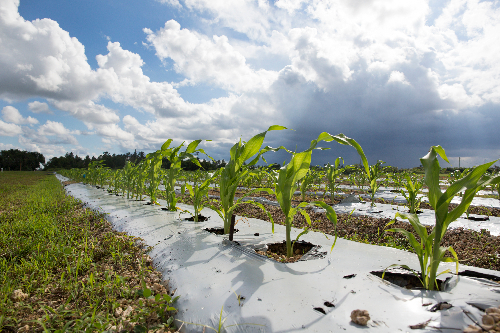The funding opportunities for community-based and farm organizations provide important resources to foster community and farm development. Both public organizations, like USDA, and private foundations offer many grant opportunities that can provide fiscal resources for the development of community based organizations.
Successful proposal development is a learned skill. While the specific requirements for each proposal will vary, depending on the donor’s goals, objectives, and proposal requirements, there are commonalities to virtually all proposals. Understanding the major factors that donors commonly use to evaluate proposals is key to writing winning proposals.
The purpose of this program is to help participants respond effectively to the key factors donors commonly use to evaluate proposals.
Training Objectives
- Write a problem statement that is responsive to the donor’s funding priorities.
- Develop goals, objectives, and outcomes to address the problem statement.
- Develop and describe objective-based activities.
- Construct an appropriate evaluation strategy.
- Develop an objective-based budget.
 In addition, Florida SARE provides:
In addition, Florida SARE provides: